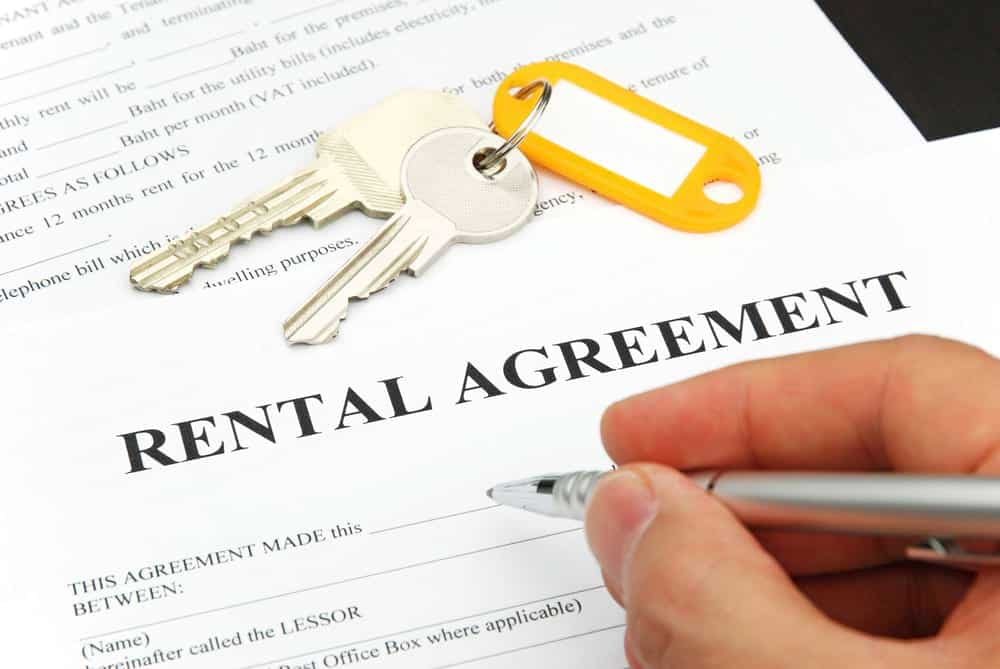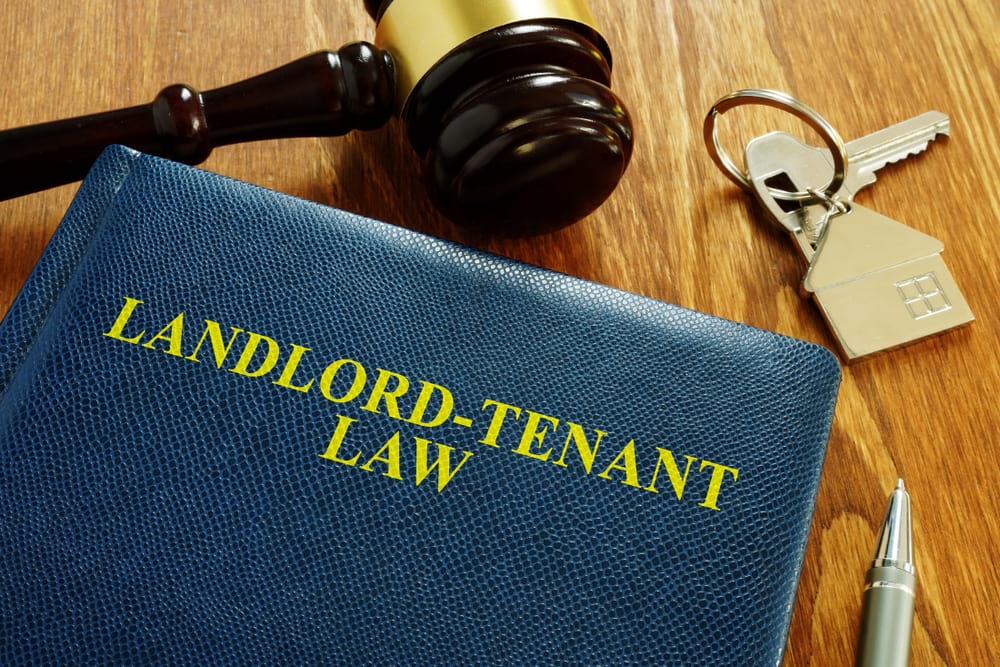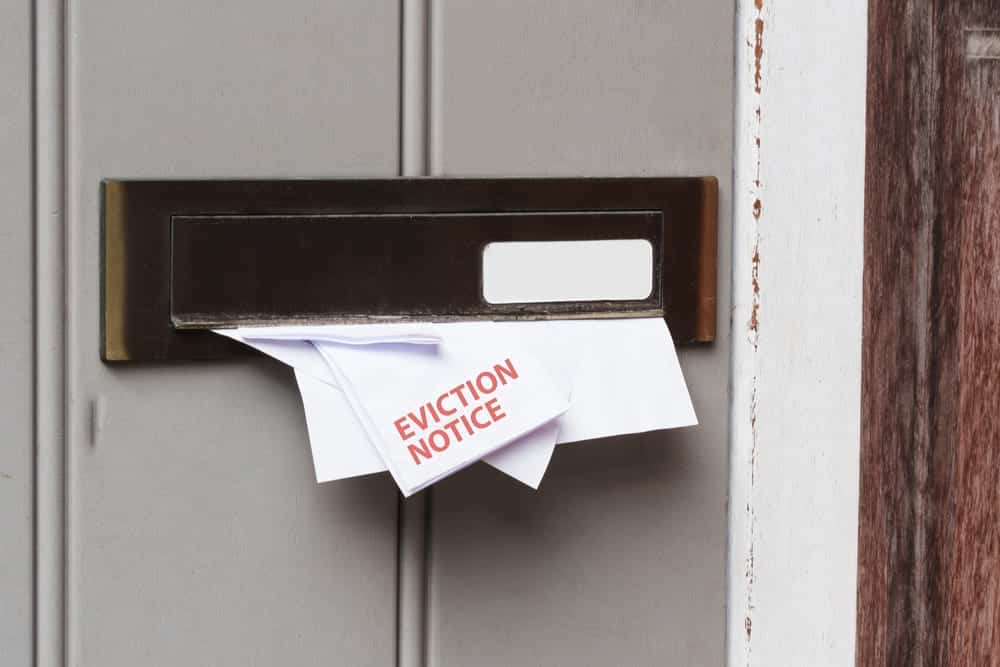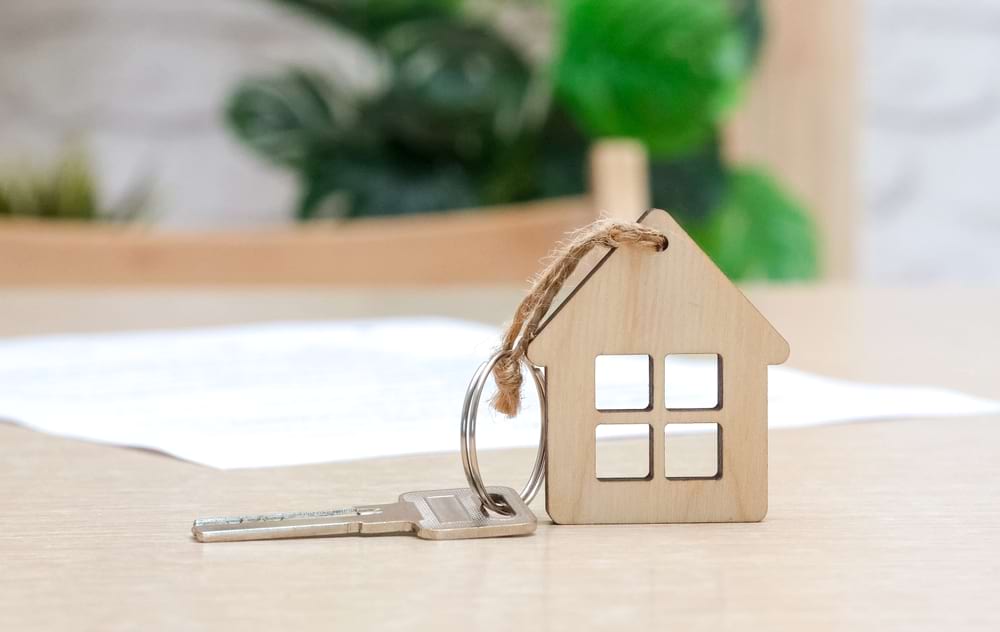Squatting has a long history in Britain.
The reasons of it, and the laws against it, have changed over the years.
But it has never gone away.
But what exactly are the rights of a squatter? What type of properties do they target? And how can property owners evict them?
Read on to learn more.
Squatting in British history
Squatting has a long history in Britain.
In the Anglo-Saxon period (410 – 1066), ‘borderers’ could build homes on waste and common land. But they had to pay rent or work for nearby landowners.
The Peasant’s Revolt (1381) was driven by the fear that this right would be lost.
The Erection of Cottages Act 1588 restricted the conditions of this practice. It was repealed in 1775. But by the Victorian period (1837 – 1901) inclosure laws controlled most land. And workhouses further reduced many people’s abilities to move to new land.
After the Second World War (1939 – 40), approximately 40,000 people moved into former military camps. Owing to the lack in housing, many in the country supported this.
In the 1960s, squatting in empty residential houses became popular. The Family Squatting Advisory Service helped families on council house waiting lists squat.
Many other groups squatted properties across the UK thereafter. Most of a derelict street (St Agnes Place) in Kennington, London, had squatters from 1969 – 2005. One squatter latter recollected:
I lived at number 79 from 1995 to 2003, a rent-free house on Kennington Park, a short walk from Oval tube. My friends couldn’t believe my luck. Nor could I.
In 2011, 35 squatters moved into a 10-bedroom Bristol mansion (then valued at £4 million). Some claimed the incident was part of a ‘social experiment’.
Tens of thousands of pounds of damage to fixtures and fittings. This included antique furniture. Once the squatters were removed, its value had dropped to £2.9 million.
What is a squatter?
A squatter is someone who stays in a property, or on a stretch of land, but does not have the right to be there.
They are particularly likely to target abandoned buildings or empty homes.
Squatting is illegal in the UK. Squatters can face arrest, fines and prison.
The owner, the police, or the council can all order squatters to leave. If they fail to do so, police are likely to intervene.
How common are squatters?
A UK squatters’ welfare group has reported a rise in squatting for the first time in a generation.
Recent figures suggest there are 1.5 million vacant properties in the UK and 271,000 homeless.
The UN estimates that 800 to 900 million people worldwide are squatters. This is over 10% of the world’s population.
Squatting vs. trespassing
Squatting and trespassing are different.
Trespassing usually refers to entering a property or land without permission. Squatting refers to residing there.
What are squatters’ rights?
Squatters can become legal owners of property (without owners’ permission) under some circumstances.
To meet these criteria, they needs to be able to prove the following:
- They have occupied the property for at least 10 years (or 12 years, if the house is not registered)
- They acted as the owner(s) of the house for that entire time
- They did not have the owner’s permission.
These laws are valuable to squatters when the original owner cannot be accounted for.
But when applications for property ownership are made, the original owner is notified. They must then take action to keep the house in their name.
How do I stop squatters taking ownership of my property?
You will be notified if squatters apply for ownership of your property.
You should find a solicitor immediately.
You have 65 days to object to an application. The letter you receive from the Government will guide you on how to do this.
If your objection is reasonable, the squatter’s application will likely be rejected. (Your solicitor will provide guidance on what qualifies as a ‘reasonable’ objection.)
You cannot object again if you’ve done nothing within 2 years of the original application and the same squatters reapply.
What makes a property vulnerable to squatters?
There are many common instances when squatters may take advantage of a property.
In general, most properties are vulnerable to squatters if:
- They are left vacant for extended periods
- They have poor security (no burglar alarms, gates, broken locks, etc.)
- They are visibly vacant (open curtains, no furniture, empty driveways)
Certain types of properties are more vulnerable to squatters, too:
Holiday lets
Holiday lets are often left vacant for long periods and their owners often live far away.
Furthermore, they are often surrounded by other holiday let properties.
This makes them vulnerable to squatters, especially during quiet seasonal periods.
Probate properties
Probate properties are properties set to be passed on via inheritance. They often sit empty for months whilst the deceased’s estate is organised.
So, they are vulnerable to squatting. This is especially the case if there are not any security systems protecting the house.
Rental houses
Rental houses common targets for squatters.
Sometimes tenants stop paying rent and remain living in them.
Other times opportunists take advantage of empty tenanted properties.
Repossessed houses
Repossessed properties often stay vacant whilst they are awaiting a sale.
They can be vulnerable to squatting by the expelled residents or others.
What to do if I have squatters in my property?
If you discover that there are squatters on your property, there are two main ways that you can handle it.
You can get an Interim Possession Order (IPO) or make a claim for possession.
Again, solicitors’ services are crucial.
You can only apply for an IPO if it’s been 28 days or less since you found out your property’s been squatted. This will involve filling out an application and sending it to your local county court.
If it has been more than 28 days since you found out about the squatters, a claim for repossession is the option for you.
This requires you to fill out an application and submit it to your local county court.
According to the UK government website, this costs £391 to submit.
How to remove squatters in Wales
In Wales, you have the same two options:
- Applying for an Interim Possession Order
- Making a claim for possession.
When you submit the forms, you will also need to include one of a few things.
This includes the help with fees reference number, or a contact number if you want to pay over the phone.
The form in question can be found on the UK government website, and comes with a fee of £391.
You can also submit this document by post.
How to get rid of squatters in Scotland
If your house is in Scotland, you can make a claim for possession by submitting a form to your local sheriff court.
The form in question can be found on the UK government website, and comes with a fee of £391.
You can also submit this form by post.
If you are applying for an IPO, the process is usually the same as in all other countries.
How to get rid of squatters in Northern Ireland
Northern Ireland has a slightly different process.
You will usually need to contact the Enforcement of Judgements Office. They will handle the situation.
What causes people to squat?
There are dozens of reasons why someone might choose to squat in any given property.
Homelessness tends to be the main explanation. Many squatters face mental health and addiction problems.
There have been some instances of squatters taking great care of the property they’re in, and fixing it up.
But in many many situations, properties will be left in poor condition.
In some situations, squatters claim political motives.
For example, the 1990s saw an increase in squatters with ecological or ‘anti-capitalist’ ideologies.
One such group took over the Grade II listed London mint in 2015, stating:
We want an end to homelessness – we want these buildings to be used. Ordinary Londoners are now being priced out of London. Even people on good wages are unable to buy.
Sell your tenanted property fast with We Buy Any Home
If you’re want to sell your rental property, We Buy Any Home can help.
We are chain-free cash house buyers who can purchase your tenanted property up-front and quickly, without hassle or stress.
Fill in our enquiry form below if you want a cash offer for your house.



















